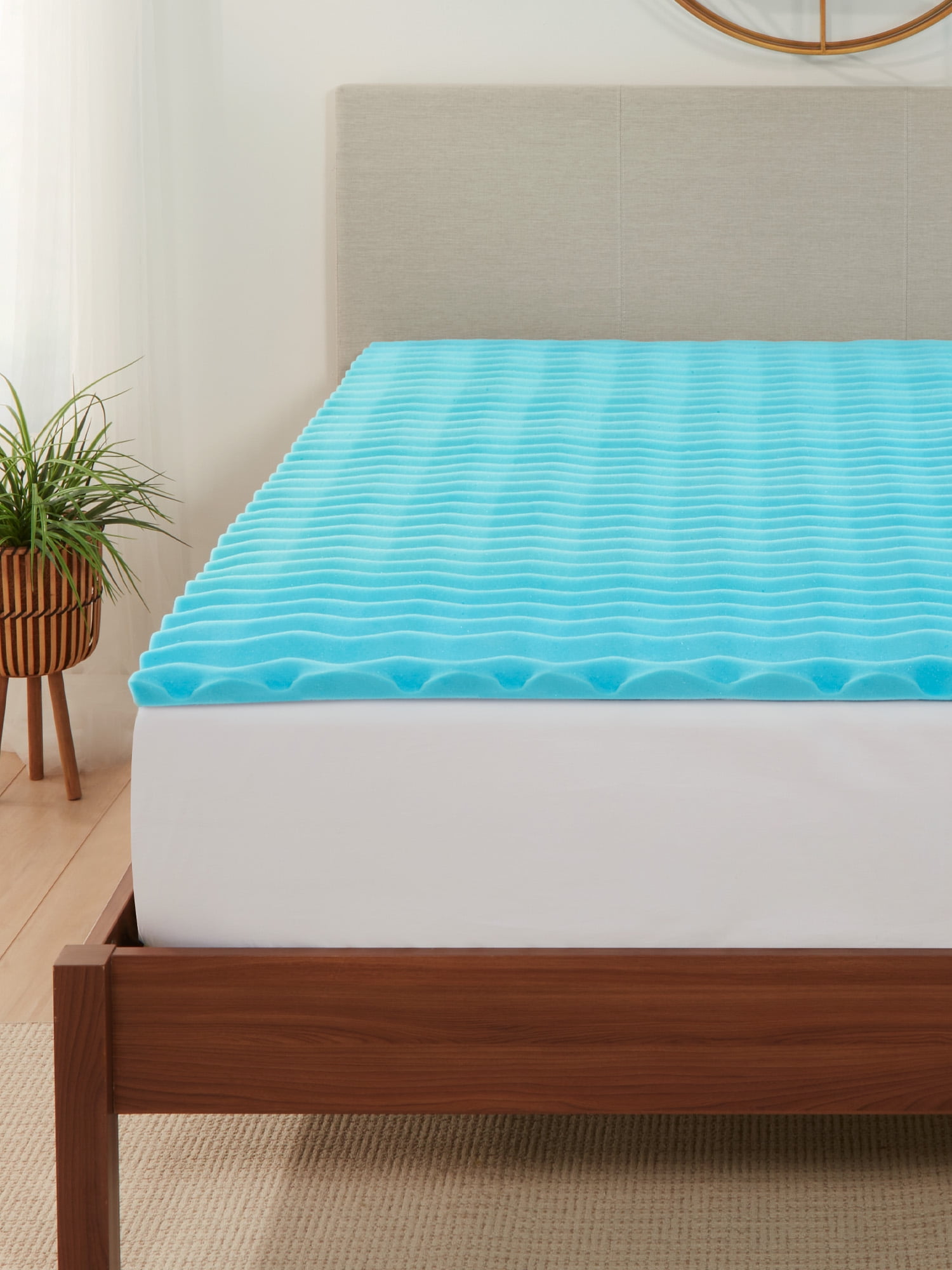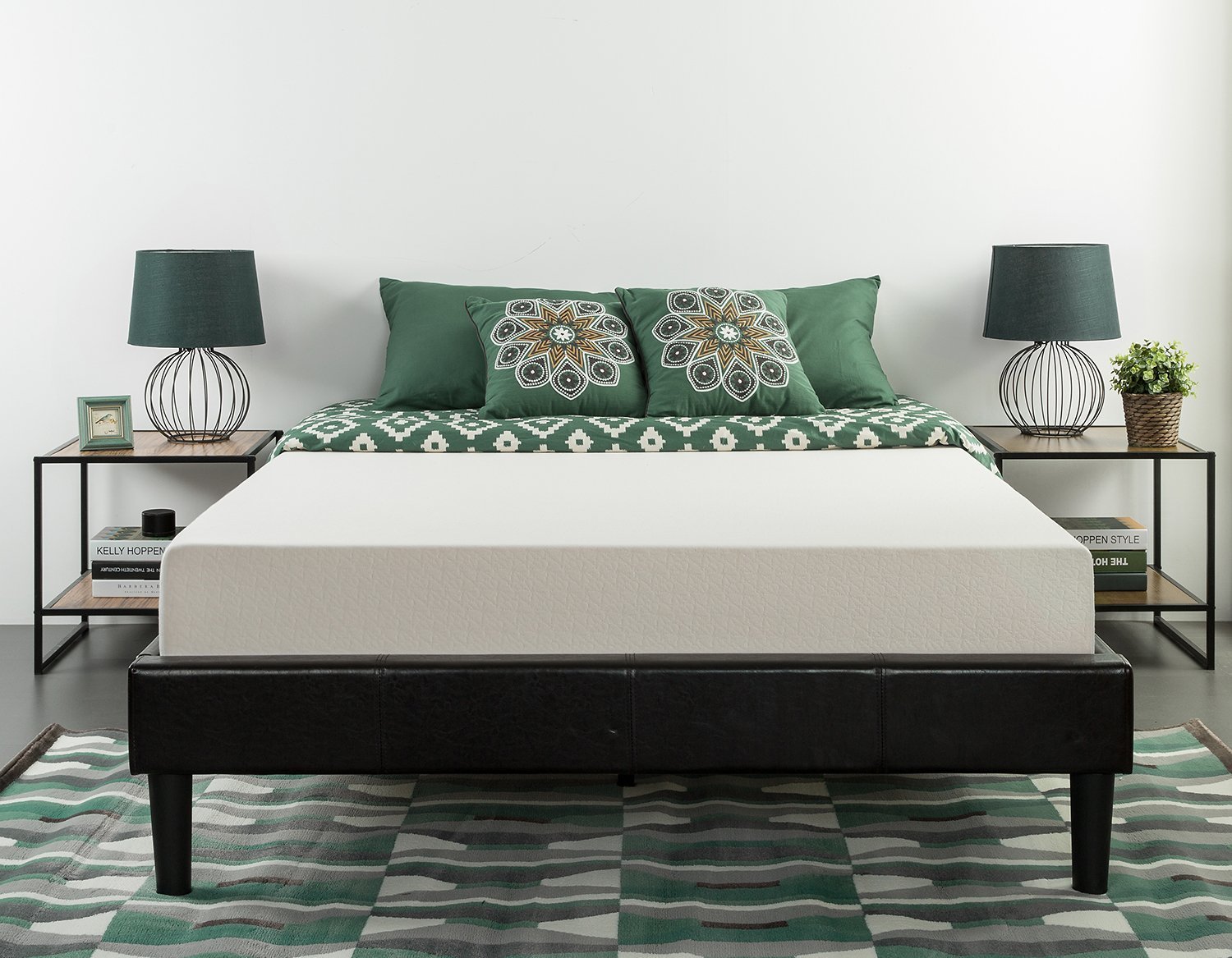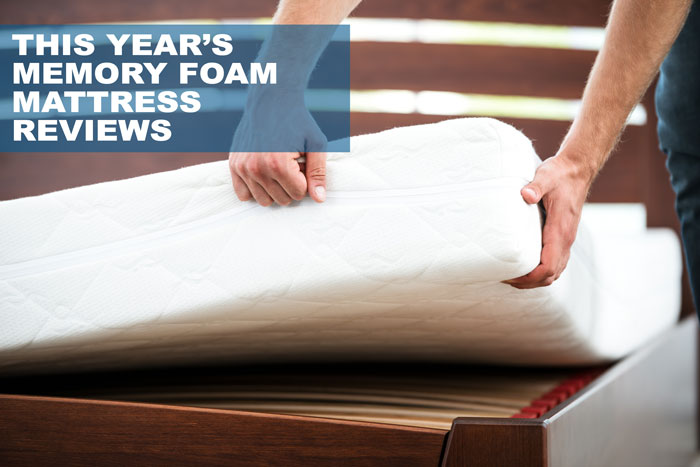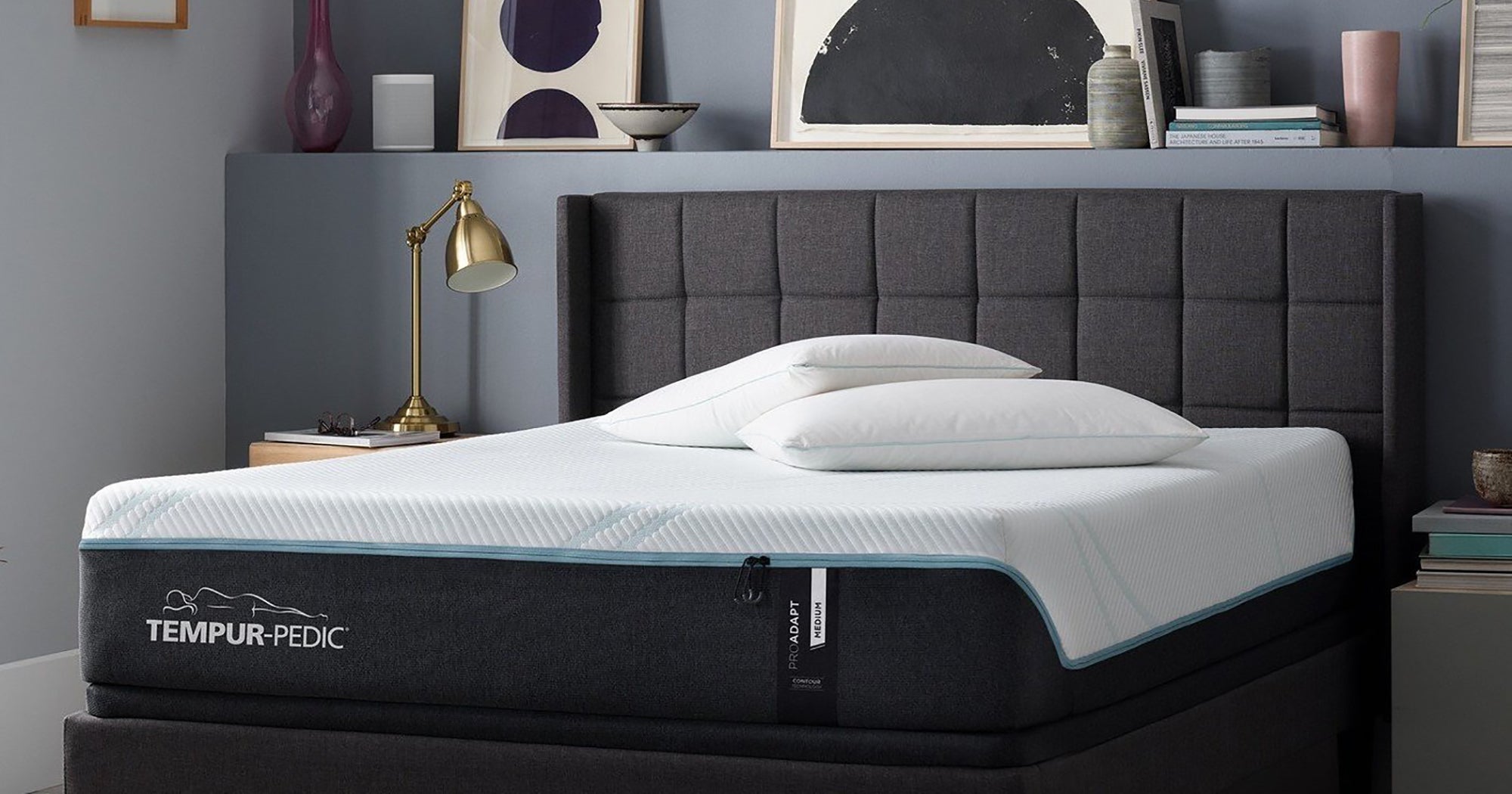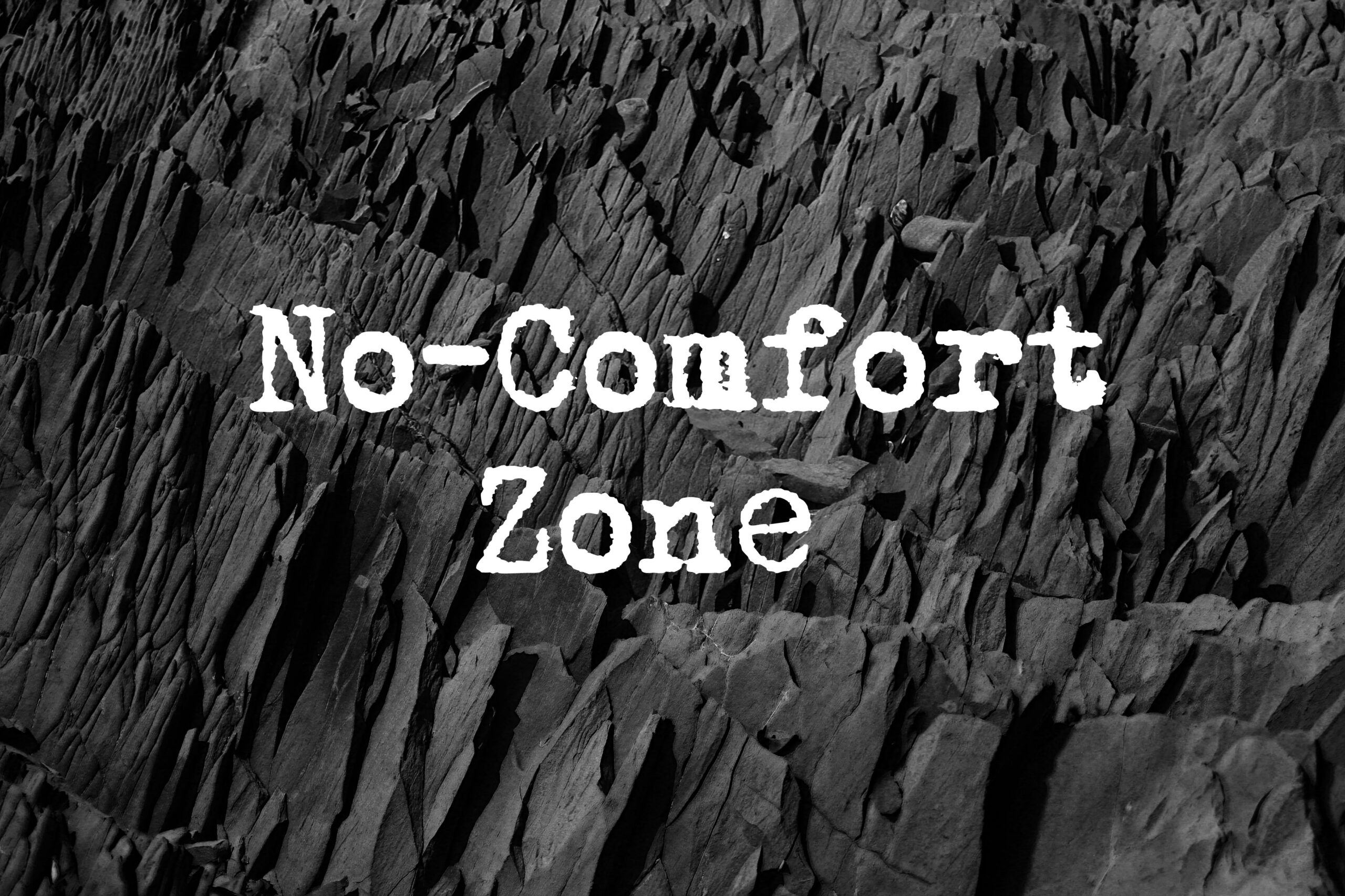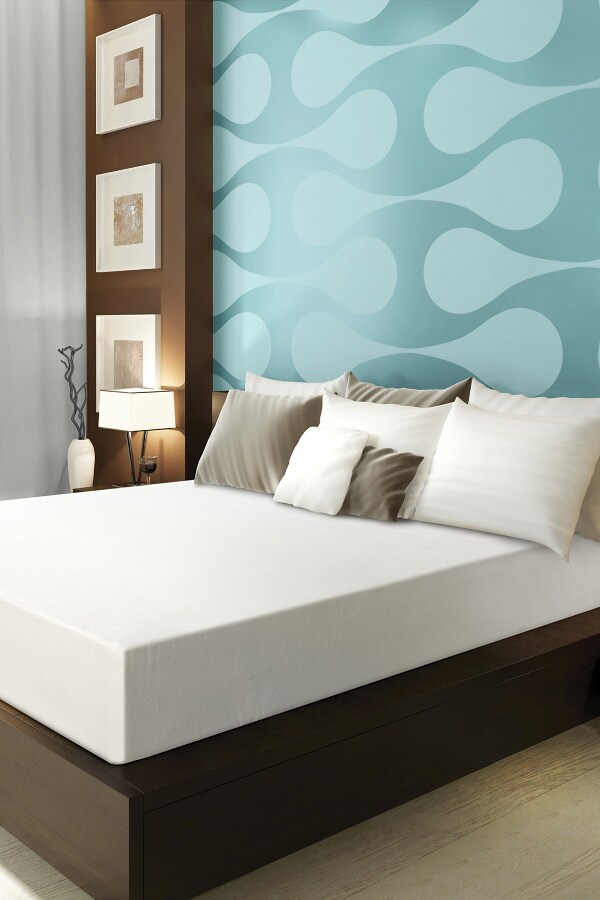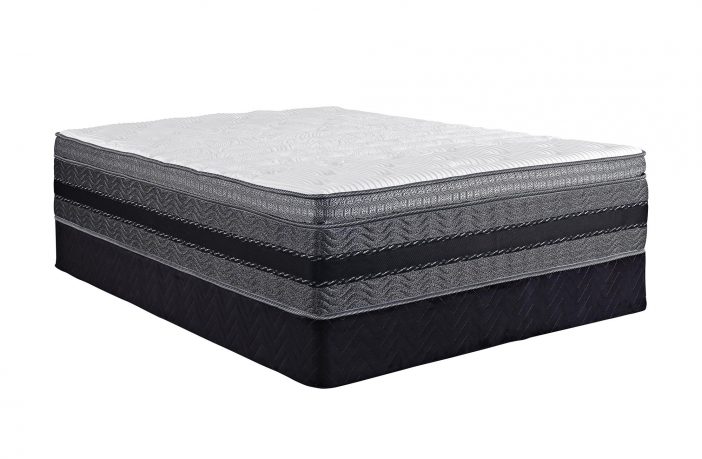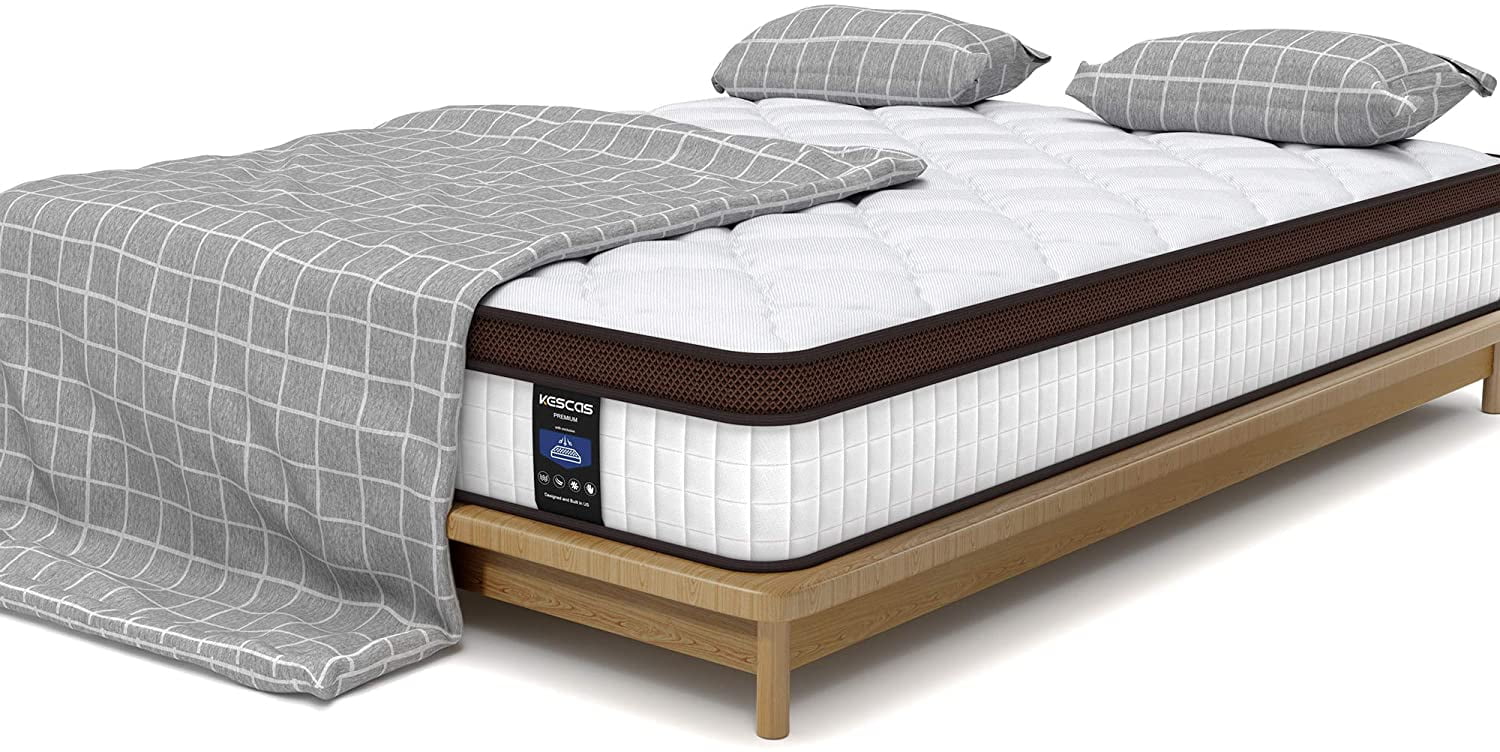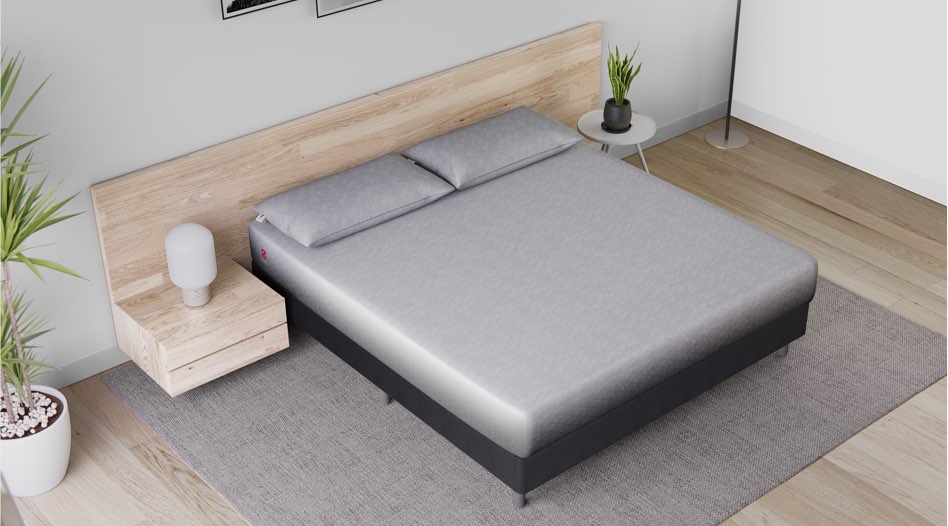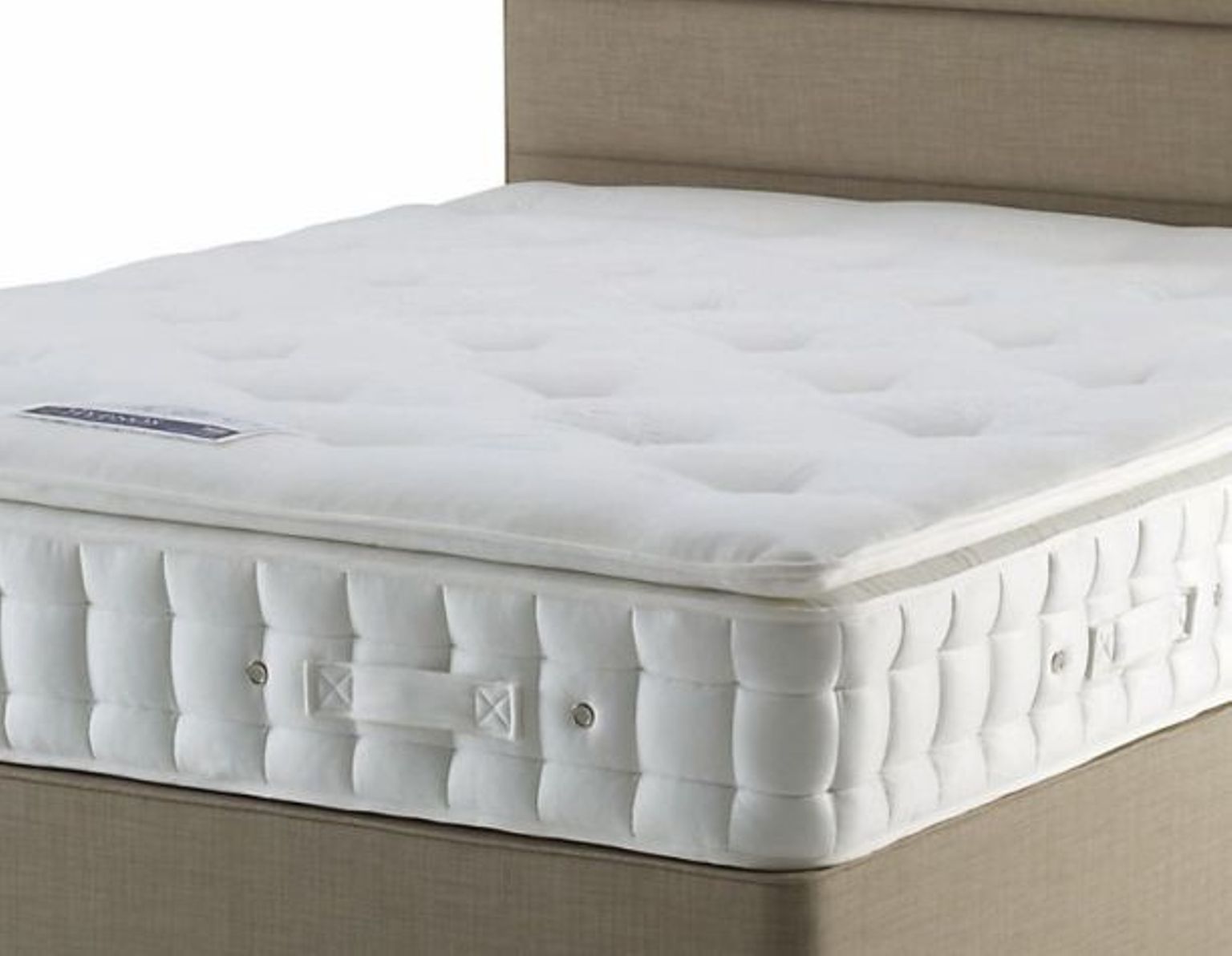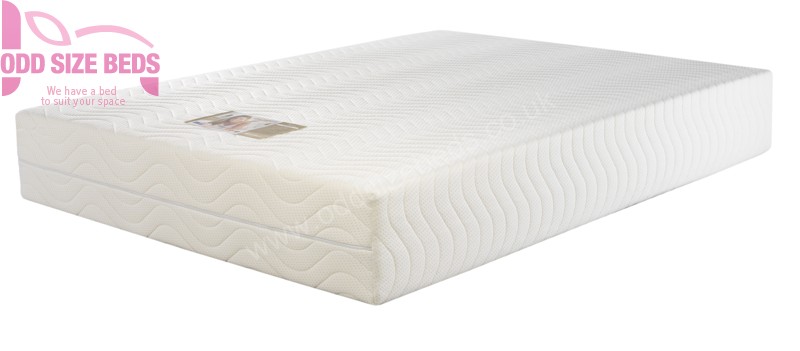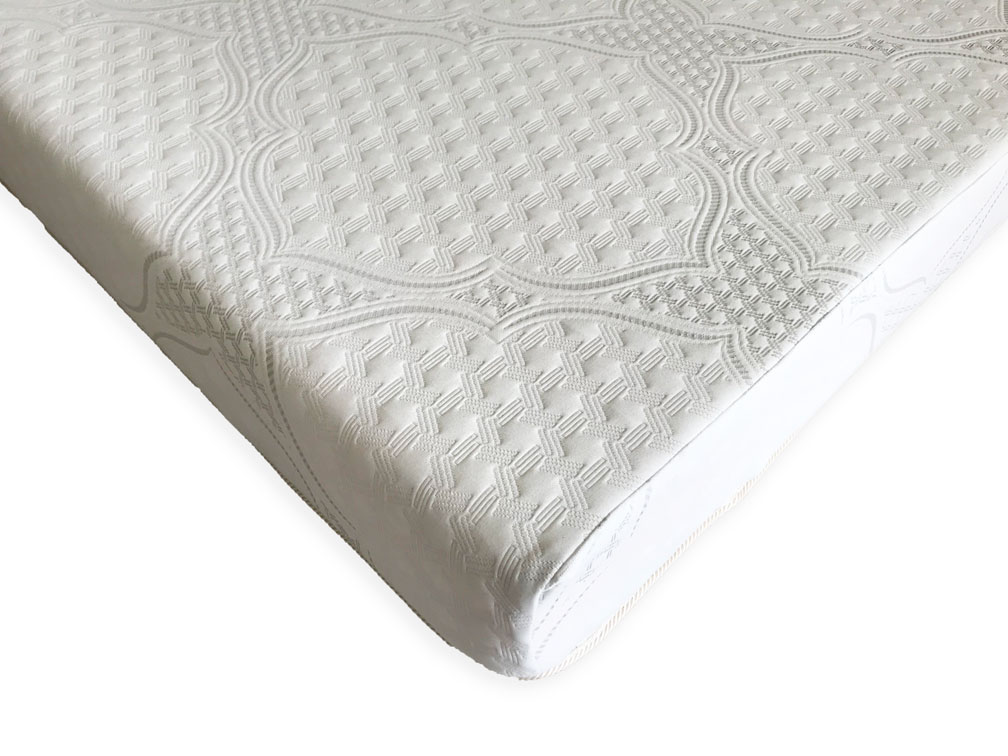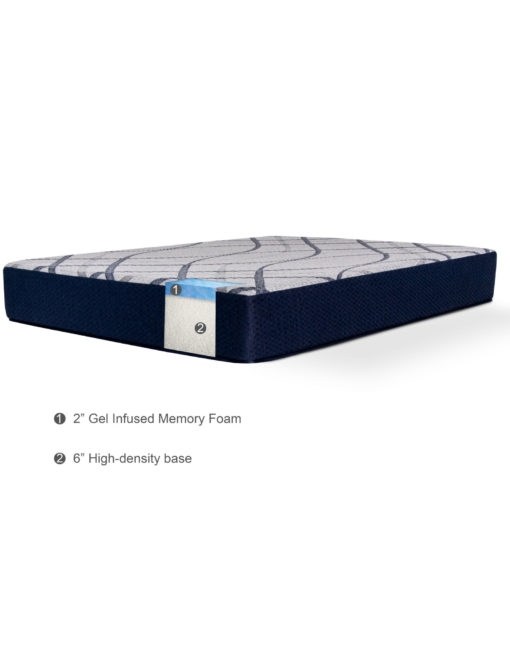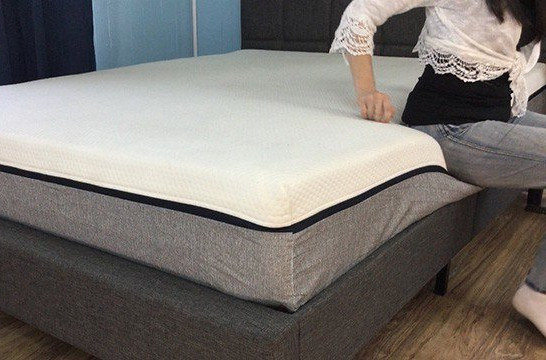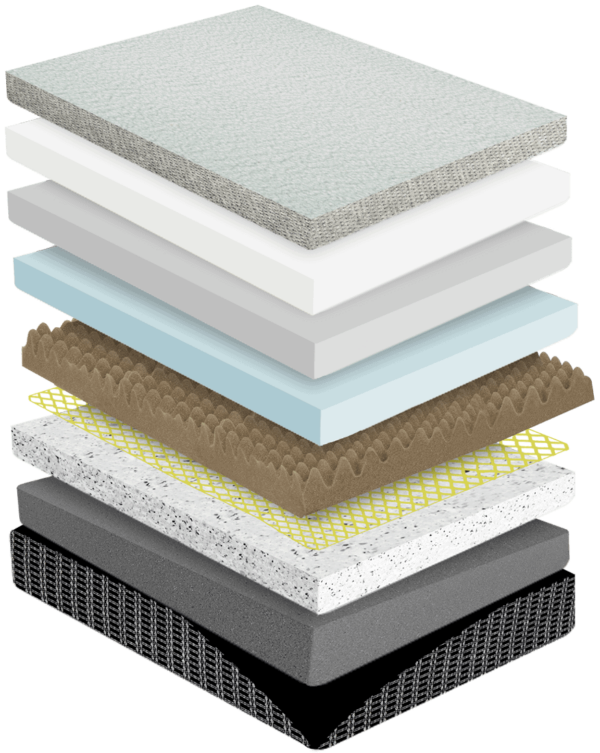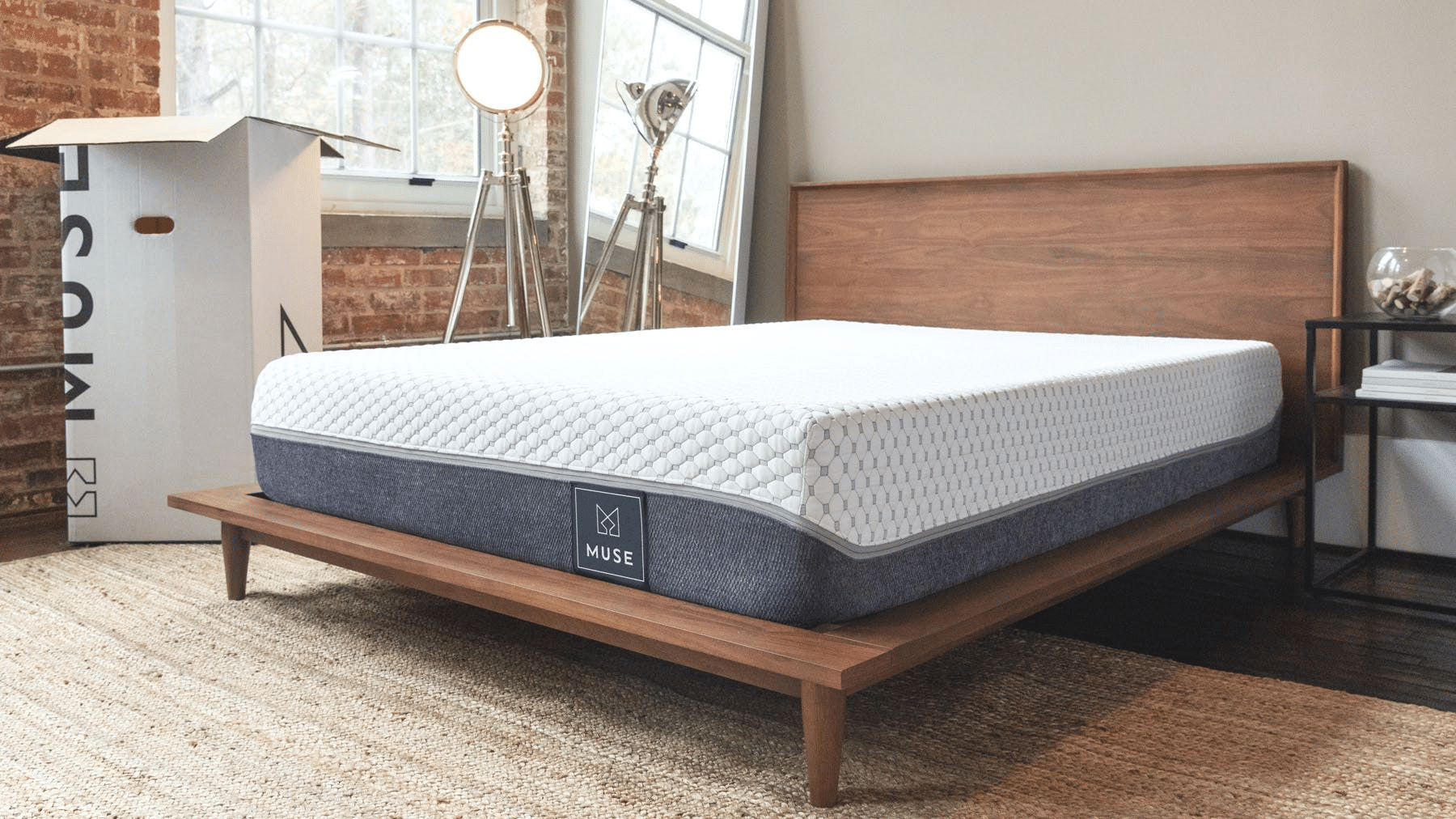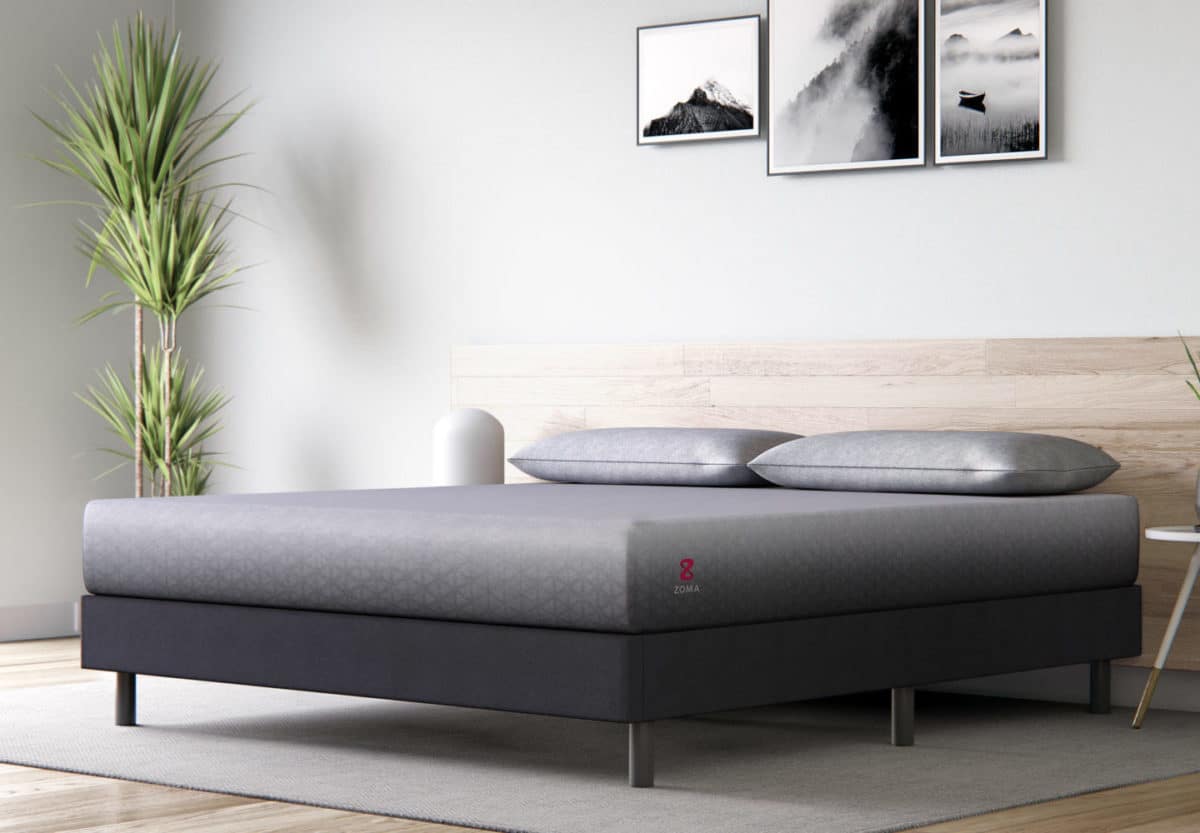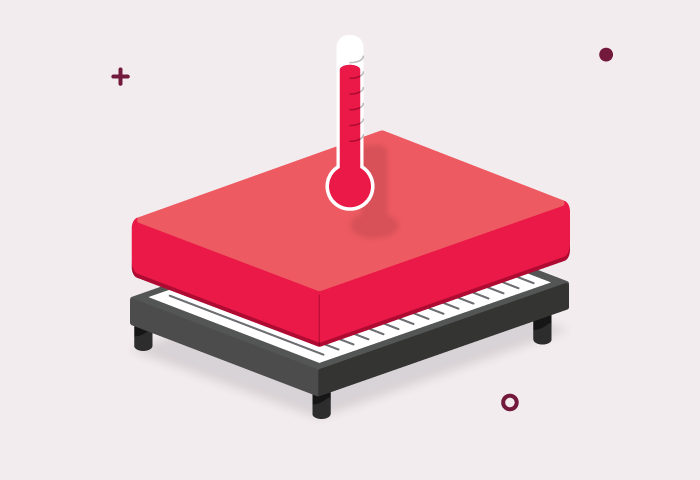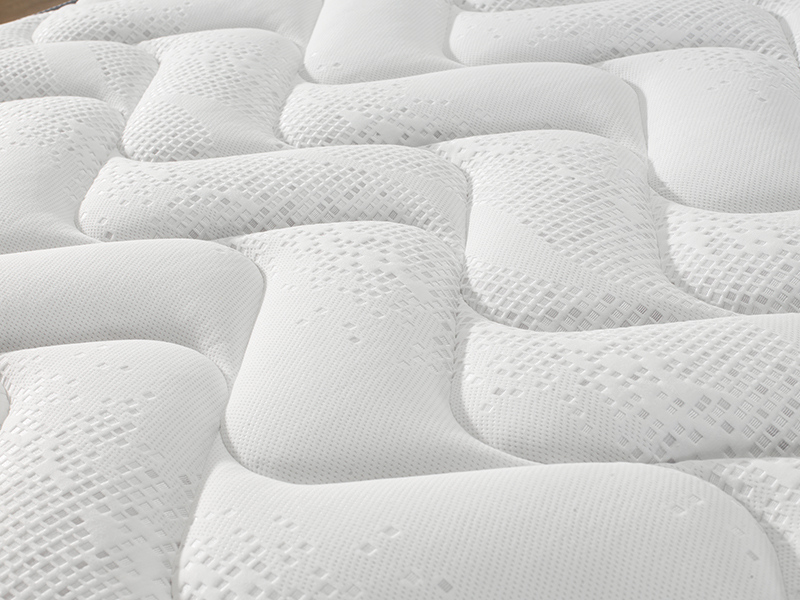Memory foam mattresses have become increasingly popular in recent years, with many people claiming they provide the ultimate level of comfort and support for a good night's sleep. However, this may not always be the case for everyone. While memory foam mattresses have their benefits, they also come with some potential downsides that may make them not as comfortable as you may have thought. In this article, we will discuss the top 10 reasons why memory foam mattresses may not be the best choice for you.The Discomfort of Memory Foam Mattresses: Top 10 Reasons Why They May Not Be the Best Choice for You
One of the main reasons why memory foam mattresses may not be as comfortable as you hoped is due to the mixed reviews from consumers. While some people swear by their memory foam mattress, others have reported experiencing discomfort and pain after sleeping on one. This could be due to individual preferences, but the mixed reviews suggest that memory foam mattresses may not be suitable for everyone.1. Mixed Reviews
Memory foam mattresses are known for their ability to contour to your body's shape, providing support and relieving pressure points. However, this may not be the case for everyone. Some people have reported waking up with back pain after sleeping on a memory foam mattress, as it may not provide enough support for their specific body type and sleeping position.2. Back Pain
One of the most common complaints about memory foam mattresses is that they can be too firm. While some people prefer a firmer mattress, others may find it uncomfortable and even painful. If you are used to sleeping on a softer mattress, transitioning to a memory foam one may take some time to get used to.3. Too Firm
Due to the nature of memory foam, it is known to have a sinking feeling, where your body sinks into the mattress as it contours to your shape. While this may provide some comfort, it can also make it difficult to get in and out of bed, and some people may find it uncomfortable to sleep in a sunken position.4. Sinking Feeling
Memory foam mattresses have a reputation for retaining heat, which can be a major issue for those who tend to sleep hot. The dense foam material of memory foam traps heat, making it difficult for your body to regulate its temperature while you sleep. This can lead to discomfort and interrupted sleep, especially during warmer months.5. Heat Retention
Over time, memory foam mattresses may start to sag, losing their shape and support. This can cause discomfort and affect the quality of your sleep. While some brands offer mattresses with a longer lifespan, others may sag after just a few years, making it a potential issue for those looking for a long-term investment.6. Sagging
Most memory foam mattresses come with a warranty, but they may not cover certain issues such as sagging or discomfort. This means that if you experience any discomfort or problems with your mattress, you may not be able to get it replaced or repaired under warranty. This can be a major drawback for those looking for a long-term investment.7. Limited Warranty
If you are not satisfied with your memory foam mattress, you may have difficulty returning it. Many companies have strict return policies, and some may not even accept returns or exchanges. This can be problematic if you find that the mattress is not as comfortable as you had hoped, and you are unable to return or exchange it.8. Strict Return Policies
In case you encounter any problems with your memory foam mattress, you may have difficulty getting in touch with customer service. Many companies have limited customer service availability, making it challenging to get assistance and resolve any issues you may have with your mattress.9. Lack of Customer Service
Unlike other mattresses, memory foam mattresses may not come with a sleep trial, which allows you to try out the mattress for a certain period and return it if you are not satisfied. This can be a major disadvantage as you may not know if the mattress is right for you until you have slept on it for a few weeks or months.10. No Sleep Trial
In conclusion, while memory foam mattresses have their benefits, they may not be the most comfortable choice for everyone. The mixed reviews, potential issues with back pain, heat retention, sagging, and lack of customer service and return policies make it essential to consider all factors before investing in a memory foam mattress. Whether it is too firm, too hot, or not supportive enough, it is crucial to do your research and possibly try out a memory foam mattress before committing to one to ensure it is the right fit for you.Conclusion
Why Memory Foam Mattresses May Not Be as Comfortable as You Think

When it comes to getting a good night's sleep, having a comfortable mattress is essential. With the rise in popularity of memory foam mattresses, many people have made the switch in hopes of a better and more restful sleep. However, despite their claims of providing superior comfort, many individuals have found that memory foam mattresses are not as comfortable as they thought .
The Science Behind Memory Foam

Before we dive into the reasons why memory foam mattresses may not be the most comfortable option, it's important to understand how they work. Memory foam mattresses are made from a material called viscoelastic foam, which is designed to conform to the shape of your body . This is achieved through a process called "sinking," where the foam compresses under the weight of your body and molds to your curves.
While this may sound like a dream come true for those looking for a comfortable mattress, there are a few downsides to this type of material.
Issues with Temperature

One of the biggest complaints about memory foam mattresses is that they retain heat . Due to the dense nature of the foam, it tends to trap body heat, leaving many people feeling uncomfortably warm throughout the night. This can be especially problematic for those who live in warmer climates or tend to sleep hot.
Furthermore, as the foam sinks and conforms to your body, it can create a pocket of heat around you, making it difficult for air to circulate and cool you down. This can lead to disrupted sleep and waking up feeling sweaty and uncomfortable.
Lack of Support

While memory foam mattresses may initially feel comfortable, they may not provide the necessary support for your body. As the foam sinks and conforms to your body shape, it can cause your spine to become misaligned , leading to aches and pains in the morning. This is especially true for those who sleep on their stomachs or have pre-existing back problems.
Additionally, the sinking sensation can make it difficult to get in and out of bed, and some people may find that they sink too deeply into the mattress, causing difficulty in changing positions.
Conclusion

While memory foam mattresses may have their advantages, it's important to consider the potential downsides before making the switch. The lack of temperature regulation and support may make them less comfortable than traditional mattresses for some individuals. If you're in the market for a new mattress, it's crucial to try out different options and find one that suits your individual needs and preferences for a truly comfortable night's sleep.

